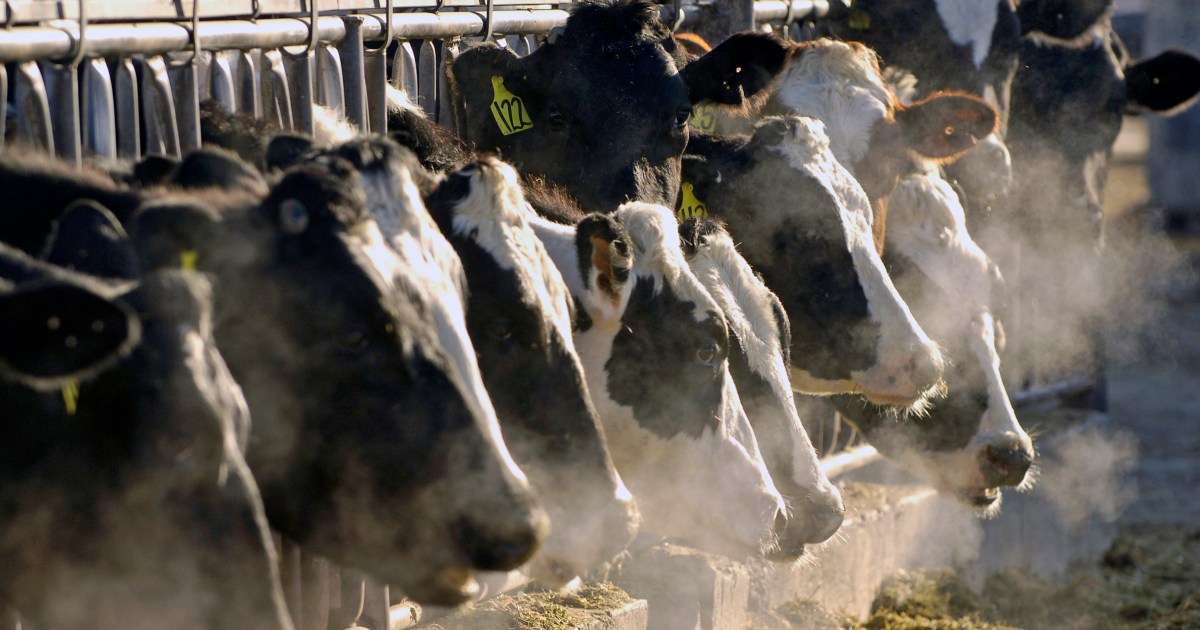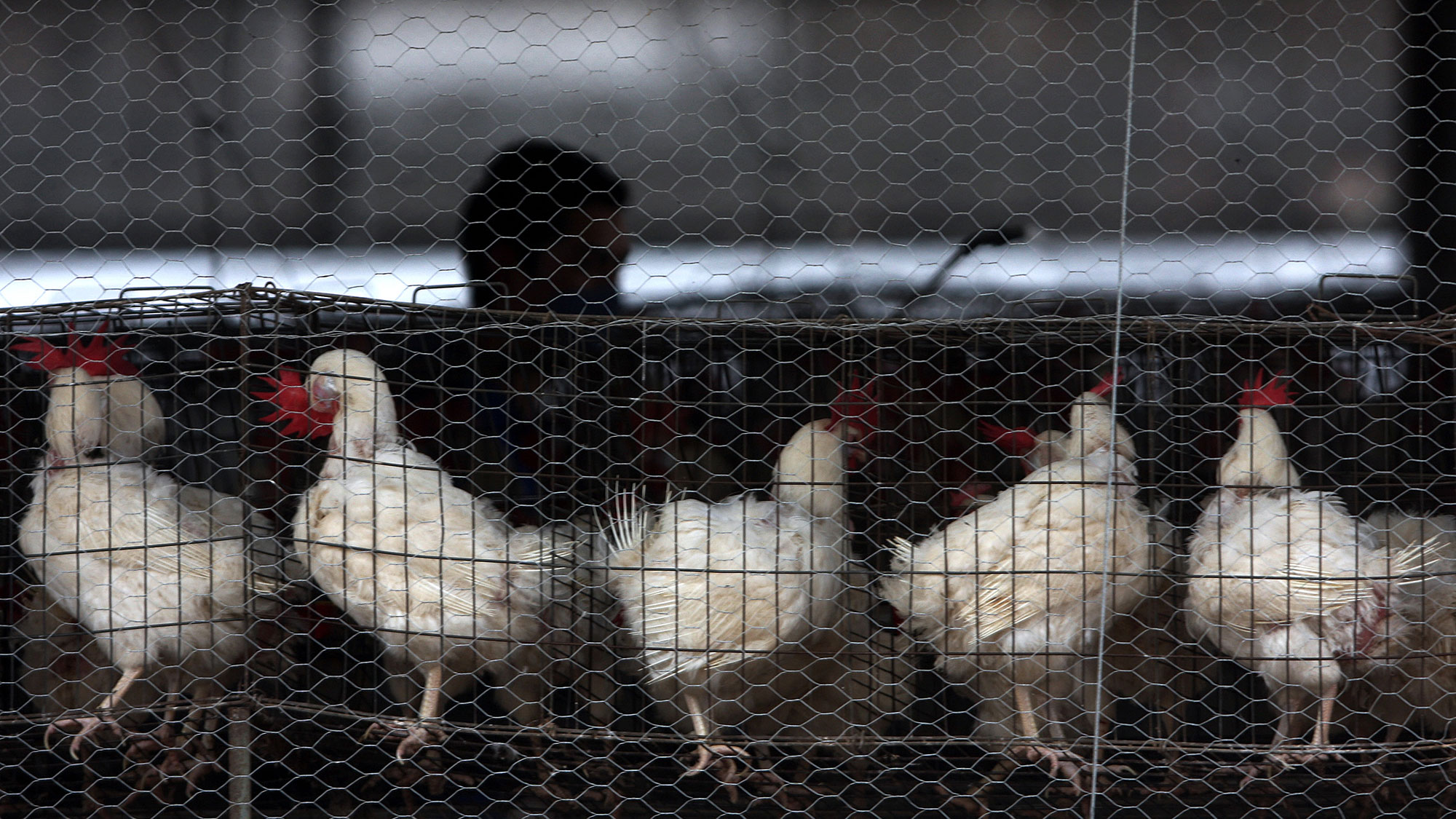A third farmworker in the United States has tested positive for the H5N1 bird flu virus, with the incident being reported by the Michigan Department of Health and Human Services. The latest case marks a significant point as it includes respiratory symptoms, unlike the earlier instances that primarily involved mild eye symptoms. Experts suggest that the respiratory symptoms likely stem from the route of infection, possibly from inhaling infectious aerosols in the milking parlor. The infected farmworker received prompt antiviral treatment and is currently recovering from the respiratory symptoms, according to Michigan health officials.
The overall risk to the general public remains low; however, farm workers exposed to infected livestock are at a higher risk. The Michigan cases occurred at different farms, and there are no indications of human-to-human transmission at this point. Dr. Natasha Bagdasarian, Michigan's chief medical officer, reiterated the critical role of personal protective equipment (PPE) in minimizing the risk of infection among those working on dairy and poultry farms. None of the Michigan workers were wearing face shields or PPE during their exposure, highlighting the urgent need for proper protective measures.
Since 2020, the H5N1 avian flu virus has been spreading across multiple animal species, including dogs, cats, skunks, and even marine animals like seals and porpoises in various countries. In March, another farmworker in Texas was diagnosed with the virus, marking the world's first known case of a person contracting this version of bird flu from a mammal. Overall, this is the fourth case of H5N1 reported in humans in the United States. The previous cases, including one in Colorado in 2022 involving an inmate working at a poultry farm, resulted in mild symptoms and complete recovery.
Research is currently ongoing to comprehend how H5N1 infections spread among cows and from cows to humans. Health officials advise workers on poultry and dairy farms to get vaccinated against seasonal flu. Although not a preventive measure against H5N1 infection, it may reduce the risk of co-infection with seasonal influenza viruses. Continued vigilance and adherence to safety protocols are necessary as experts monitor the situation closely.
- It's imperative for farm workers to maintain high standards of hygiene and protective measures to curb the risk of H5N1 transmission. Simple precautions such as wearing face masks, gloves, and eye protection can significantly reduce the chances of infection.
- Farm operators are urged to implement stringent biosecurity measures to prevent the spread of avian influenza. Measures like controlled staff access to different farm areas and regular health monitoring of farm animals are essential steps.
- Public health agencies are collaborating with agricultural authorities to develop comprehensive strategies to contain and manage outbreaks of avian influenza effectively. Heightened surveillance and rapid response efforts are key to preventing broader spread.





